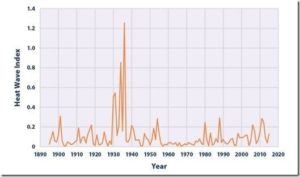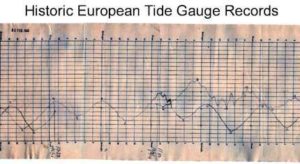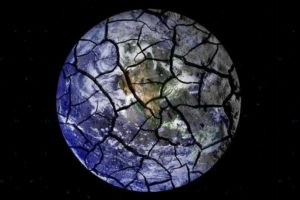by Anthony Watts, Sep. 6, 2019 in WUWT
London, 6 September: The General-Secretary of the World Meteorological Organization (WMO) says that the alarmist narrative on climate change has gone off the rails and criticised the news media for provoking unjustified anxiety.
Speaking to Finland’s financial newspaper Talouselämä (“The Journal”) on 6 September 2019, Petteri Taalas called for cooler heads to prevail, saying that he does not accept arguments of climate alarmists that the end of the world is at hand.
Dr Taalas also spoke of the dangers of green extremism:
“While climate sceptisism has become less of an issue, now we are being challenged from the other side. Climate experts have been attacked by these people and they claim that we should be much more radical. They are doomsters and extremists; they make threats.”
And he called for the media both to challenge experts and allow a broader range of opinions to be heard.
…




